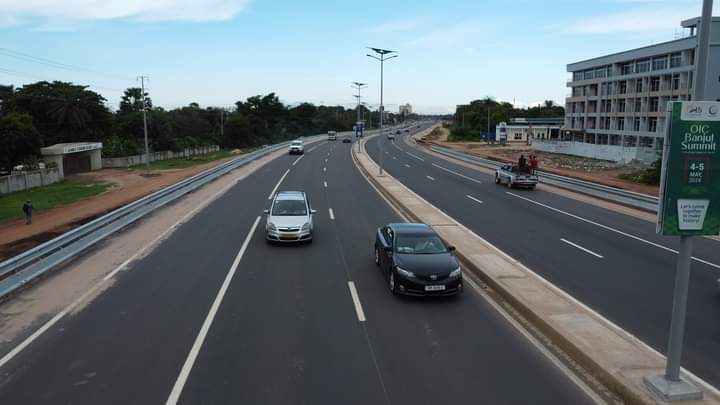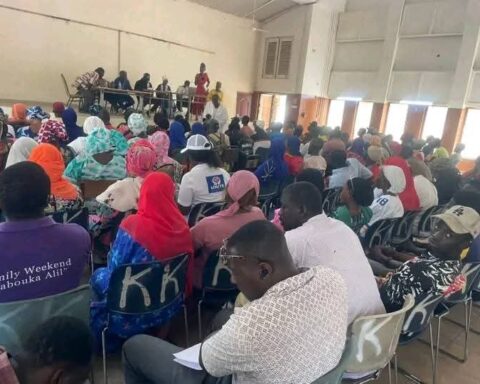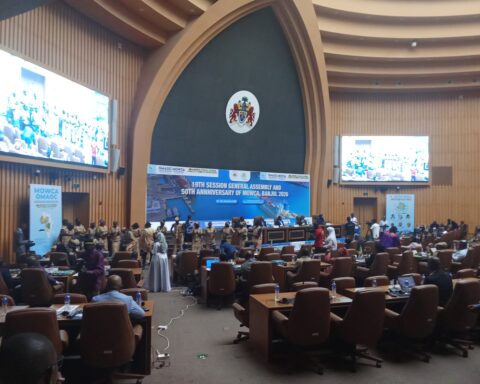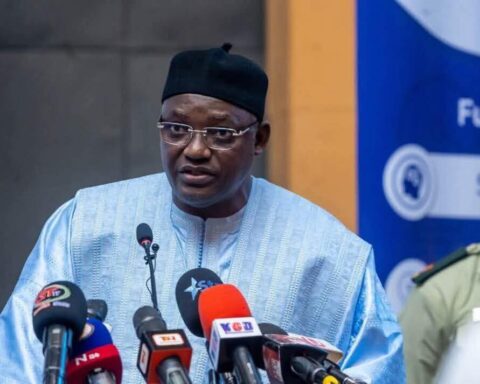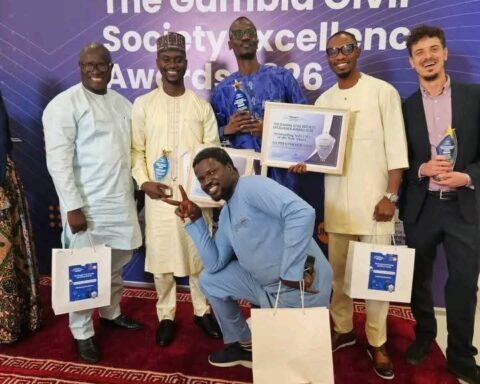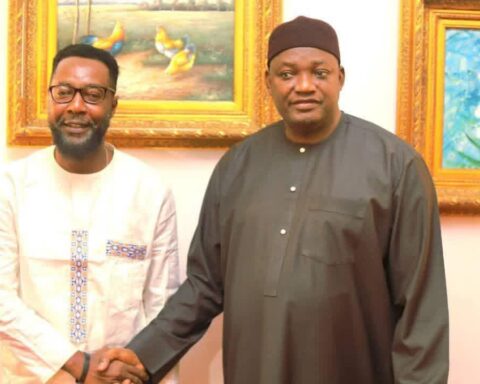By: saikou Jawo
As Gambia reflects on the outcomes of the OIC infrastructure projects, concerns have emerged regarding the missed opportunities and perceived mismanagement that have clouded what could have been a significant milestone in the nation’s development.
During a recent discussion, Sam Ceesay, a Gambian native and hotel industry expert now based in Indiana, USA, voiced his disappointment with how the OIC projects were handled. He expressed that Gambia, a country with limited resources, should have capitalized on every single dalasi to ensure that projects were completed on time and to the highest standards. Ceesay emphasized the importance of starting projects well ahead of deadlines, particularly in a country where meeting deadlines can be challenging. He lamented that the failure to do so led to lost opportunities that could have provided lasting benefits to the country.
One of the most significant losses, according to Ceesay, was the failure to construct a five-star hotel that was planned as part of the OIC projects. With his extensive experience in the hotel industry in the United States, Ceesay underscored the potential this hotel had to create thousands of jobs for Gambians, particularly for the youth. “From the housekeeping department to front desk, guest services, reservations, the athletic club, bar and restaurant, banquet services, sales and catering – all these are different departments in a hotel that could have provided employment to many Gambians,” Ceesay noted. The absence of this hotel represents a lost opportunity for revenue generation and tourism growth, as well as a missed chance to offer stable employment to thousands of Gambians.
Ceesay also criticized the decision to purchase new vehicles specifically for the OIC event, rather than using existing resources. He argued that former President Yahya Jammeh’s vehicles, which were sold off, should have been retained for such occasions, thus saving the country from unnecessary expenses. “Instead of saving money and creating opportunities to build our country and move forward, we incurred additional costs by buying new vehicles that were used for just a day or two,” he said, highlighting this as an example of mismanagement and corruption.
Corruption, according to Ceesay, played a significant role in the poor execution of the OIC projects. He believes that funds were misappropriated, leading to cost-cutting measures that compromised the quality and connectivity of the infrastructure. For instance, the poorly planned feeder roads, which Mr. Dodou Jah also criticized, forced residents to take long, inconvenient routes to access main roads. Ceesay experienced this firsthand during a recent visit to Gambia in February 2024. He described the difficulty in connecting from his home to the main Senegambia Road, illustrating the practical challenges residents face due to the flawed road network.
In summary, Ceesay asserted that the OIC infrastructure projects in Gambia were not as successful as they could have been. The combination of missed opportunities, poor planning, and corruption resulted in what he described as “the short end of the stick” for the Gambian people. The projects, which had the potential to bring long-term benefits to the nation, instead highlighted the persistent issues of mismanagement and corruption that continue to hinder Gambia’s development.
*This article reflects the sentiments and concerns expressed by Sam Ceesay during a recent media talk show discussion on the outcomes of the OIC infrastructure projects in The Gambia.*

